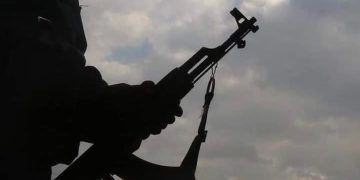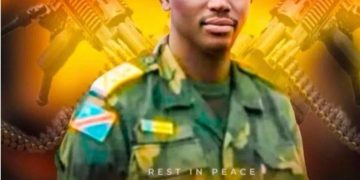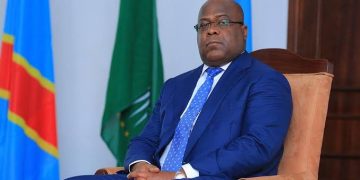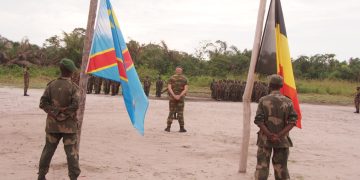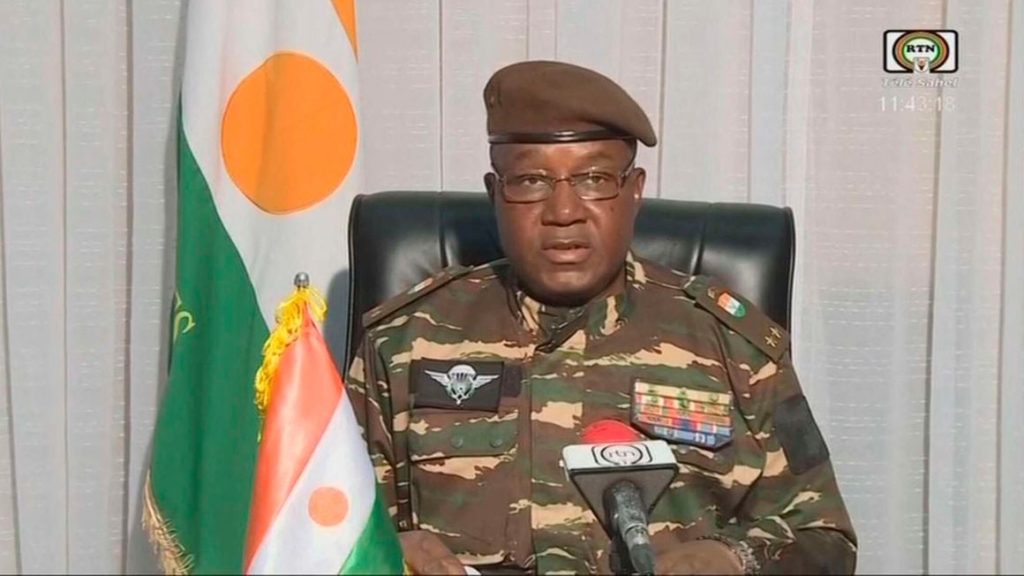
By Chris Muhizi for MCN.
General Abdourahamane Tchiani, the chief of the presidential guard in Niger, made an appearance on state television on Friday in the role of the leader of the transitional council that had detained President Mohamed Bazoum on Wednesday after seizing power in a coup.
As the “president of the National Council for the Safeguard of the Homeland,” Tchiani, who has been in charge of the presidential guard since 2011, issued a statement on national television that presented the coup as a reaction to “the degradation of the security situation” associated with militia slaughter.
They claimed to have locked the country’s borders, repealed the constitution, and suspended all institutions.
Since early on Wednesday, soldiers from the presidential guard have been keeping Niger President Mohamed Bazoum in custody.
US Secretary of State Antony pledged him Washington’s “unwavering support” in a phone chat.
In addition, UN Secretary General António Guterres said that he had spoken to the president and extended the uranium-rich nation the entire backing of the UN.
Mr. Bazoum is a crucial ally of the West in the battle with Islamist extremism in West Africa.
Recent Islamist uprisings have resulted in coups in two neighboring nations, Mali and Burkina Faso.
His foreign minister indicated that the coup there was not final and that those in charge still had time to give in to international calls for the reinstatement of deposed President Mohamed Bazoum.
The coup, according to Macron, was “completely illegitimate and profoundly dangerous, for Nigeriens, for Niger, and for the entire region,” he said today while visiting Papua New Guinea.
Col. Maj. Amadou Abdramane made the following statement on television on Wednesday: “We, the defence and security forces… have chosen to put an end to the dictatorship you know.
This comes after weak economic and social governance and the security situation’s ongoing worsening.
The heads of the ministries would handle day-to-day operations, he added, adding that all of the nation’s institutions had been stopped.

